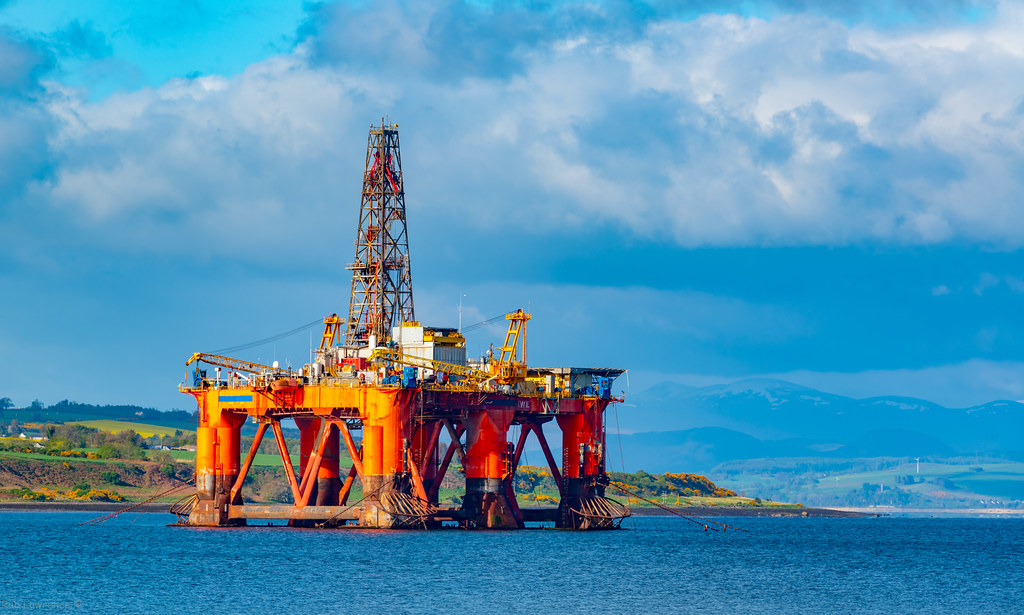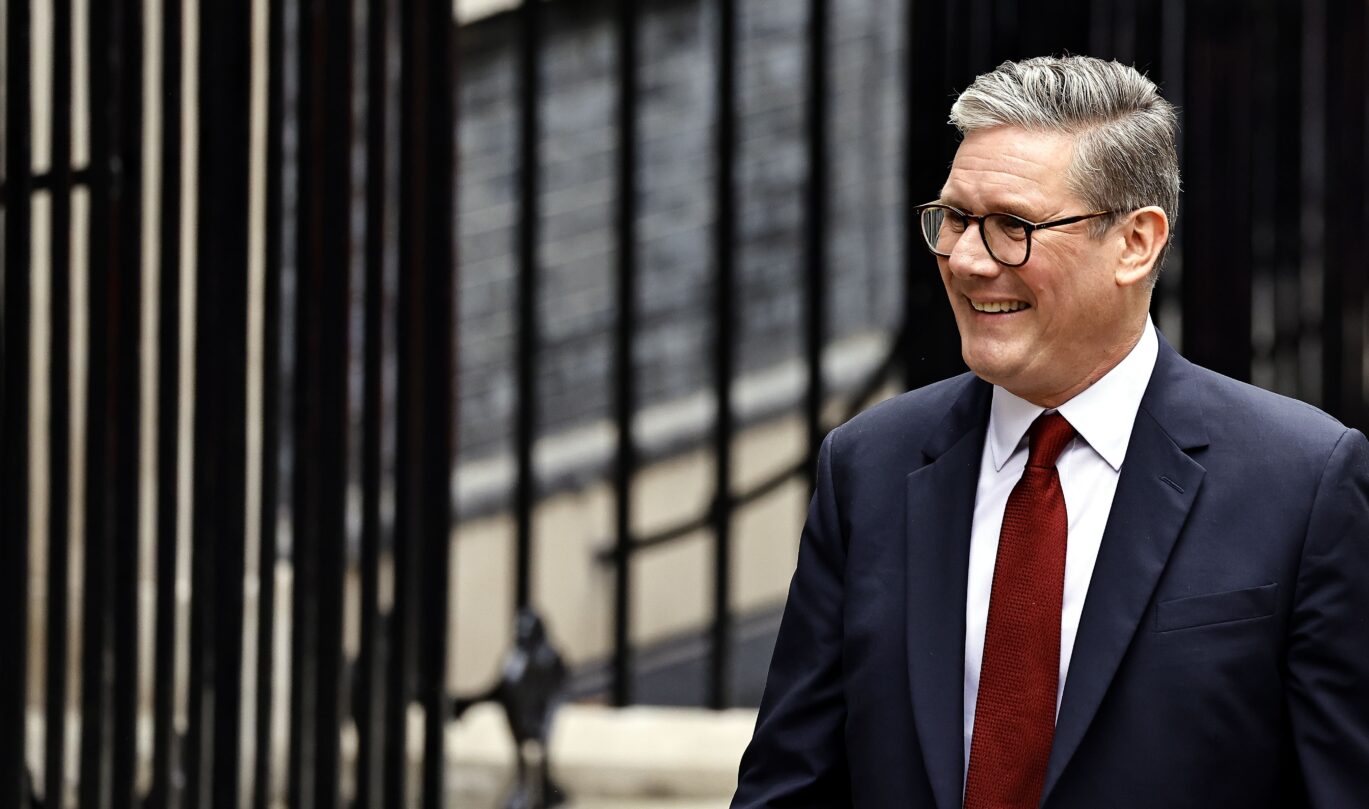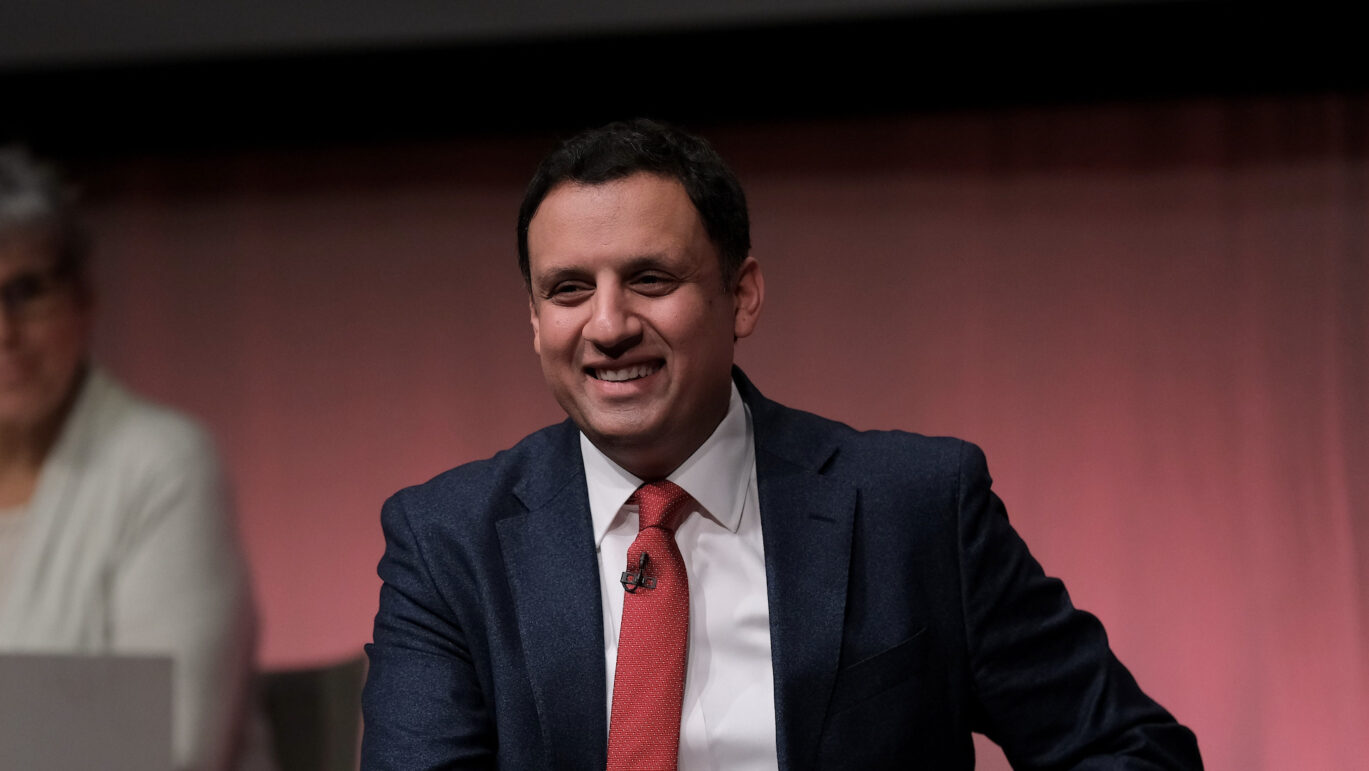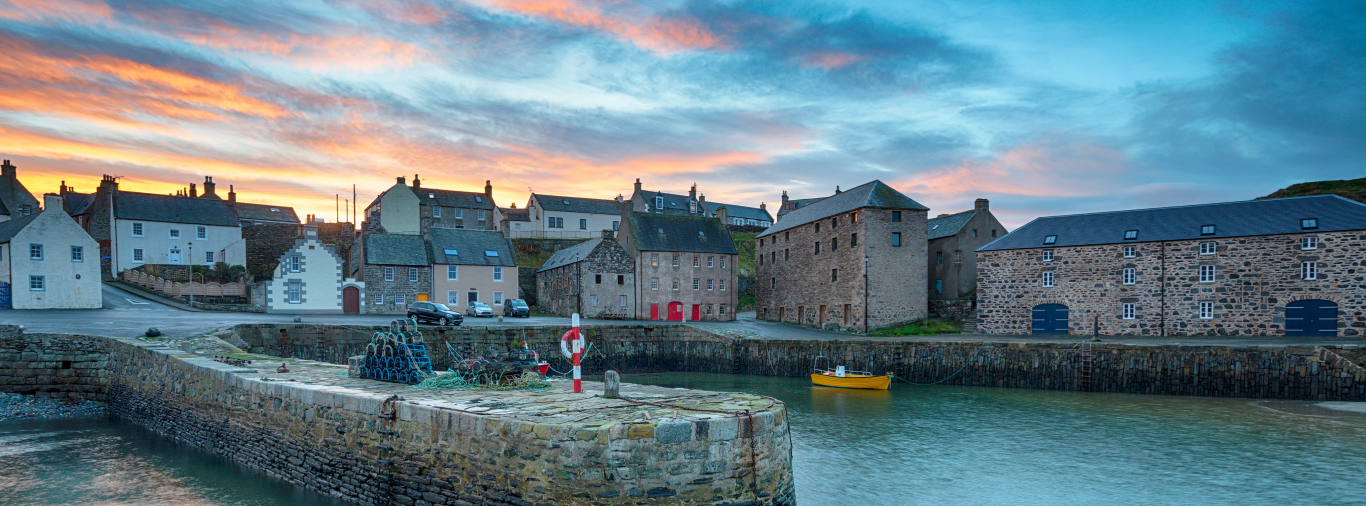COP28 presents a major challenge to governments around the world. This is certainly the case for the hosts, the United Arab Emirates, who have been embarrassed by inauspicious revelations they intended to use the conference – which is aimed at securing a commitment to end fossil fuel use – as cover to broker new oil and gas deals.
But it is also true for both the UK and Scottish governments, who face a growing domestic challenge to balance the competing demands of climate targets, tight government finances, and consumers concerned about the costs of achieving net zero.
At a UK level, Rishi Sunak’s government has already taken the controversial decision to delay some green targets, such as the banning of the sale of new petrol and diesel cars, by five years, while also granting a raft of new licences for oil and gas development – a move criticised by one of his predecessors, Theresa May, just as COP28 got underway.
Meanwhile, the Labour Party – whose stated ambition is to turn the UK into a “clean energy superpower” – seem increasingly divided about how net zero will be best achieved as well. Sir Keir Starmer’s party had pledged to immediately invest up to £28billion a year in clean and green energy when in government, but earlier this year that pledge was delayed, with rumours now circulating it will be dumped entirely.
This presents a stark challenge to investors and the wider UK energy industry, particularly at a time when other governments, such as the United States, are spending considerable sums subsidising their own domestic renewable and clean energy projects. The World Economic Forum now estimates more than $13trillion needs to be invested worldwide to achieve net zero by 2050. Sunak is attending COP28, which will provide him with a platform to outline how the UK’s energy strategy will contribute to that effort, although any major funding announcement seems unlikely.
Nor is the Scottish Government immune from flailing in the face of competing pressures on net zero, either. Humza Yousaf recently told the New York Climate Week that Scotland “will transition from being the oil and gas capital of Europe to … the net zero capital of the world” – only to be immediately contradicted by his Energy Minister, Gillian Martin, who insisted that “no-one is suggesting putting the brakes on oil and gas”. Meanwhile, the economic consequences of a bumpy transition are becoming more stark with the announcement that Scotland’s only refinery at Grangemouth will shortly close, while a new analysis has revealed more than 50 percent of jobs in the North Sea oil and gas industry have already been lost over the last decade.
For both the UK and Scottish governments, then, COP28 may be the most challenging climate conference yet.










